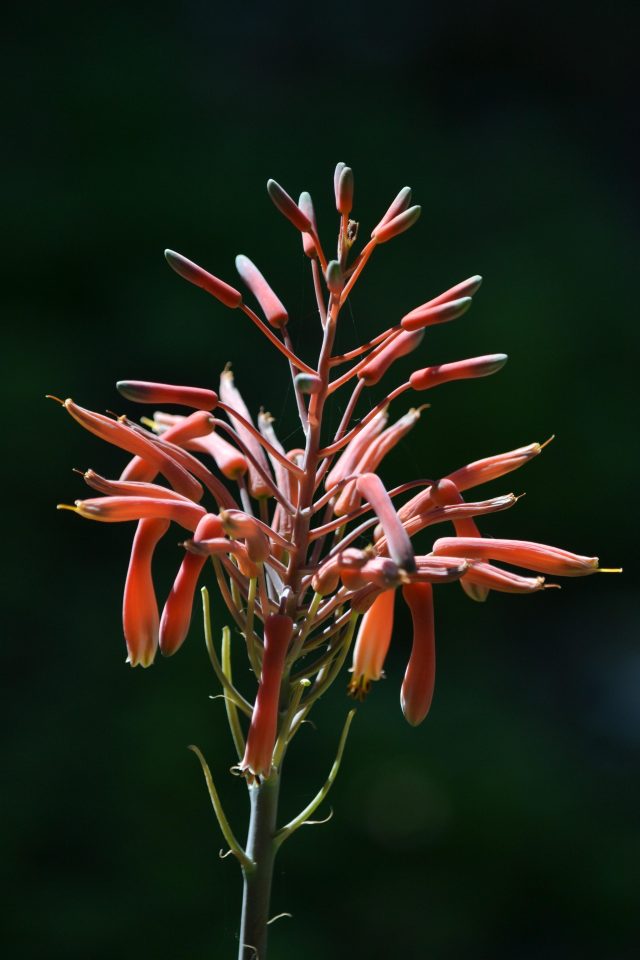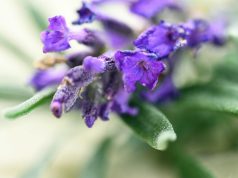In the quest for healthier, more radiant skin, many of us find ourselves inundated with a myriad of products promising miraculous results. Yet, sometimes the most effective solutions are those that have been cherished for centuries. Aloe vera, a humble yet potent plant, stands out as a timeless remedy with a wealth of benefits for skin health. Known for its soothing, moisturizing, and healing properties, aloe vera has been a trusted ally in skincare across cultures and generations. In this article, we will explore the remarkable healing properties of aloe vera, offering insights into how this natural wonder can be integrated into your skincare routine. Whether you are dealing with dryness, irritation, or simply looking to enhance your skin’s natural glow, understanding the benefits of aloe vera can be a transformative step in your journey to optimal skin health.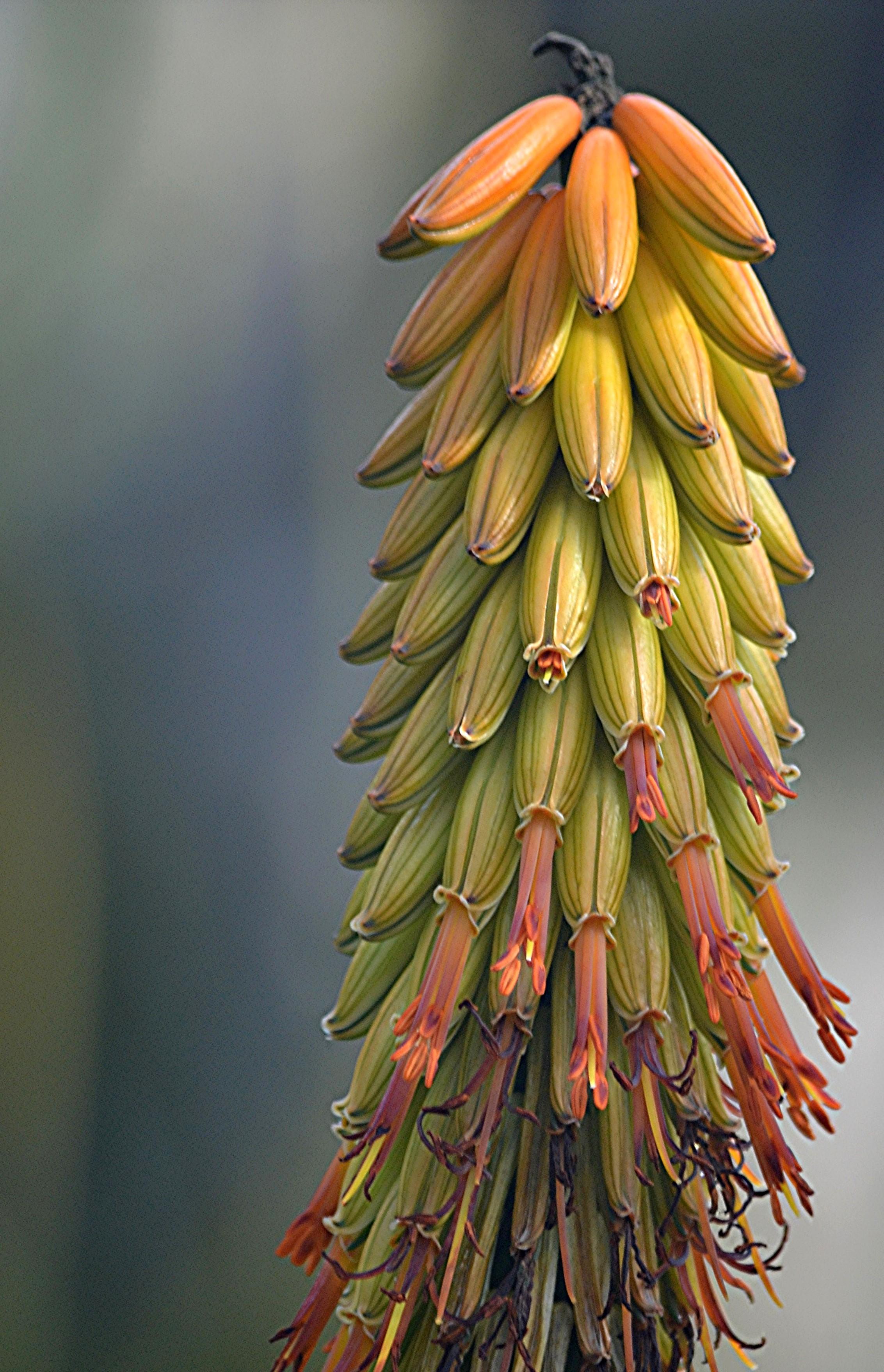
Understanding Aloe Veras Natural Compounds and Their Skin Benefits
Aloe vera, a staple in skincare, owes its magic to a rich blend of natural compounds that work harmoniously to enhance skin health. The plant’s gel-like substance is packed with over 75 active components, including vitamins, minerals, enzymes, and amino acids, all of which contribute to its renowned healing properties.
- Vitamins: Aloe vera contains vitamins A, C, and E, which are known for their antioxidant properties. These vitamins help protect the skin from oxidative stress and promote a healthy glow.
- Enzymes: The enzymes in aloe vera, such as amylase and lipase, assist in breaking down fats and sugars, helping to soothe and nourish the skin.
- Minerals: With an abundance of minerals like calcium, magnesium, and zinc, aloe vera supports skin repair and rejuvenation.
The soothing effect of aloe vera is largely attributed to its polysaccharides, which are known for their moisturizing and anti-inflammatory properties. These compounds help to hydrate the skin, reduce redness, and promote a smoother texture.
| Compound | Skin Benefit |
|---|---|
| Polysaccharides | Moisturizing and anti-inflammatory |
| Glycoproteins | Healing and repairing |
| Saponins | Antimicrobial properties |
By understanding these natural compounds, you can better appreciate how aloe vera works to restore and maintain healthy skin, offering a natural remedy for a variety of skin concerns.
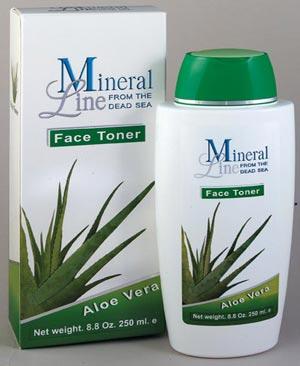
How to Incorporate Aloe Vera into Your Daily Skincare Routine
Aloe vera is a versatile ingredient that can seamlessly blend into your daily skincare routine. Here’s how you can make the most of its soothing properties:
- Morning Hydration: Start your day with a splash of aloe vera gel. Its natural moisture will leave your skin feeling refreshed and ready to face the day.
- Post-Cleansing Toner: After cleansing, apply a thin layer of aloe vera as a toner. Its anti-inflammatory properties help to calm and balance the skin, preparing it for further treatments.
- Nighttime Repair: Before bed, use aloe vera gel as a night mask. Its healing properties work overnight to repair and rejuvenate your skin, leaving it soft and supple by morning.
For those with specific skincare concerns, here’s a quick guide on how aloe vera can address various needs:
| Concern | Aloe Vera Solution |
|---|---|
| Acne | Apply a dab of aloe vera on blemishes to reduce redness and inflammation. |
| Dryness | Mix aloe vera with a few drops of your favorite facial oil for deep hydration. |
| Sunburn | Use chilled aloe vera gel to soothe and cool sunburned skin. |
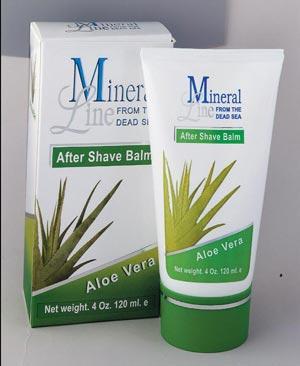
Choosing the Right Aloe Vera Products for Optimal Skin Health
When selecting aloe vera products for skin health, it’s essential to consider a few key factors to ensure you’re reaping the maximum benefits. Purity is paramount; look for products with a high percentage of aloe vera. The closer to 100%, the better. This ensures that you’re getting the purest form of aloe’s soothing and healing properties. Avoid products with unnecessary additives such as artificial fragrances, dyes, or alcohol, which can irritate the skin.
- Organic Certification: Opt for products that are certified organic, as they are free from pesticides and harmful chemicals.
- Ingredient Transparency: Check for clear labeling and ingredient lists to know exactly what you’re applying to your skin.
- Packaging: Choose packaging that protects the product from light and air to maintain its potency, such as dark glass bottles or opaque tubes.
For a quick reference, consider this table to guide your selection:
| Feature | Recommendation |
|---|---|
| Purity Level | 95% or higher |
| Organic Certification | USDA Organic |
| Packaging | Dark Glass or Opaque Tube |
Remember, your skin deserves the best care, so take the time to choose products that align with these guidelines. Your skin will thank you for it!
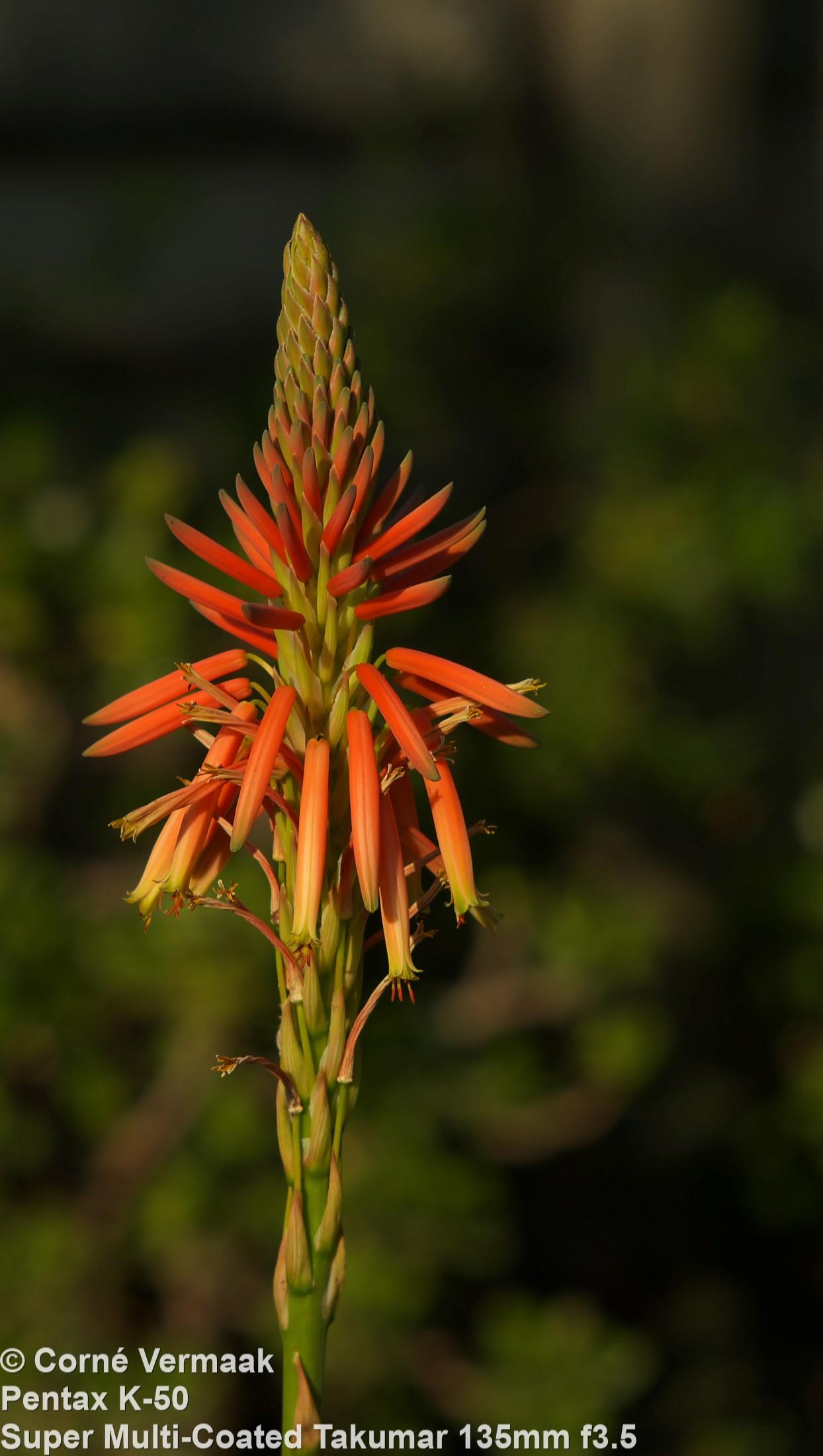
Caring for Sensitive Skin with Aloe Vera: Tips and Precautions
For those with sensitive skin, incorporating aloe vera into your skincare routine can be a game-changer. Aloe vera is renowned for its soothing properties, which can help calm irritated skin and reduce redness. To maximize its benefits, consider these tips:
- Patch Test First: Even natural products can cause reactions in some individuals. Apply a small amount of aloe vera gel to a discreet area of your skin and wait 24 hours to ensure there is no adverse reaction.
- Choose Pure Aloe Vera: Opt for products that list aloe vera as one of the first ingredients. Better yet, use the gel directly from an aloe leaf for the purest form.
- Use Sparingly: A little goes a long way. Apply a thin layer of aloe vera gel to affected areas and allow it to absorb naturally.
When using aloe vera, it’s crucial to remain mindful of any potential sensitivities. Here are some precautions to keep in mind:
| Precaution | Explanation |
|---|---|
| Avoid Broken Skin | Aloe vera may irritate open wounds. Stick to unbroken skin for application. |
| Monitor for Allergies | Though rare, aloe vera can cause allergic reactions. Discontinue use if you notice any swelling or itching. |
| Consult a Dermatologist | If unsure, seek professional advice to ensure aloe vera is suitable for your skin type. |































